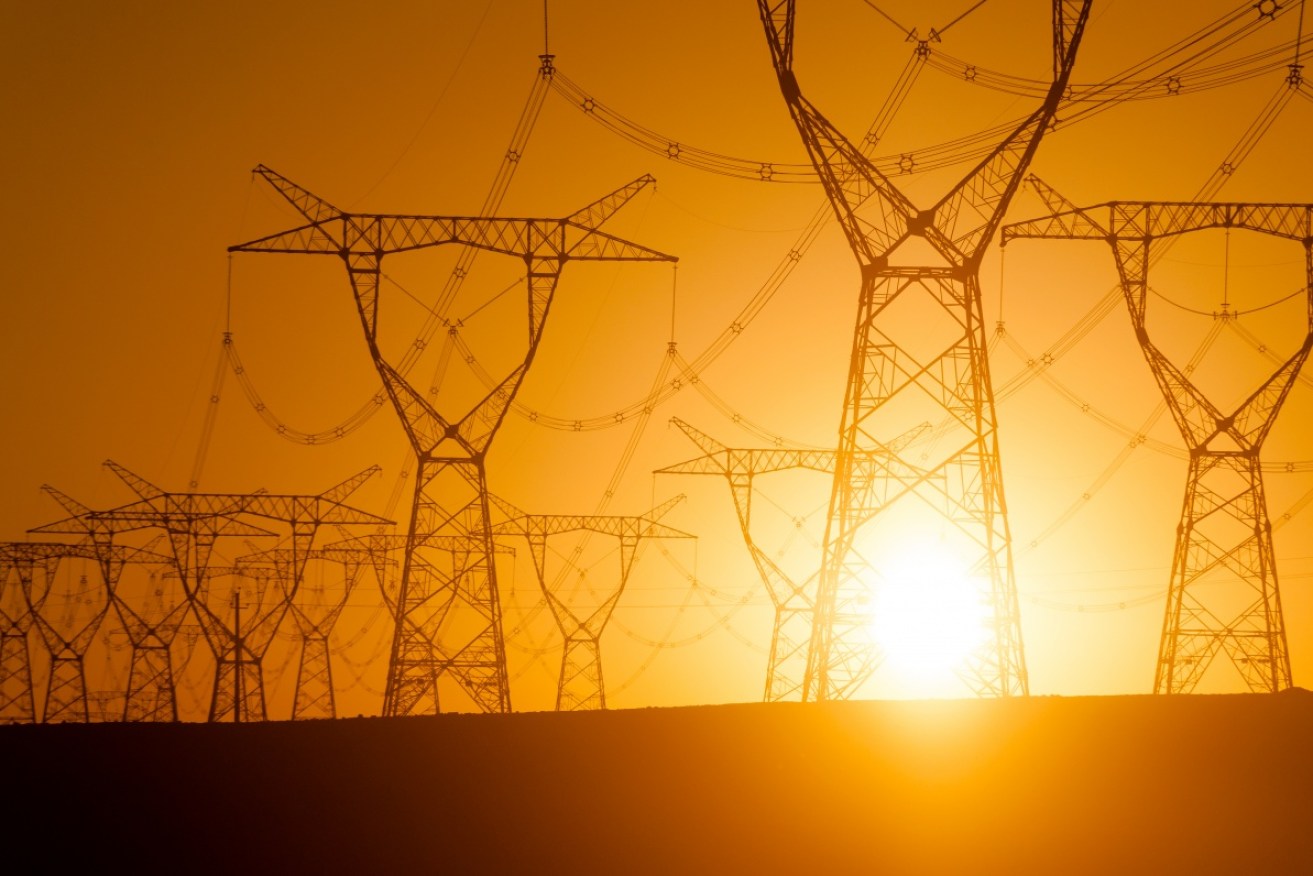The push for a privatised power grid raises a question of life and death

ETU national secretary Allen Hicks says a lack of consistent access to power could prove deadly for some Australians. Photo: Getty
Earlier this month, while campaigning in Western Australia against the Liberal government’s plan to sell off the state’s electricity network, I heard the story of a woman who cares full-time for her terminally ill husband who is reliant on life-support systems to keep him breathing.
Her great fear, if the publicly-owned poles and wires were privatised, was that the company would no longer provide generators during power outages, as they currently do.
Legally, electricity network companies only have to provide advance notice of an outage. Her concern was that a new, profit-motivated owner would have no reason to go beyond this basic standard.
For this woman, the argument over whether electricity is an essential service that should be run in the public interest or simply an industry that can be left to the market wasn’t about ideology, it was a matter of life and death.
Time and again at town hall meetings, while doorknocking, and even standing outside polling booths, members of our union reported having people share their own concerns that private ownership would mean South Australia-style blackouts, fewer opportunities for young people to take up apprenticeships, higher prices, poorer maintenance, longer power outages and increased bushfire risk.
Following extreme weather that pushed our nation’s electricity networks to the brink of collapse this year, Prime Minister Malcolm Turnbull finally responded to the critical issue of ensuring reliable, affordable power for Australian consumers.

Turnbull’s proposed Snowy Hydro expansion is only possible due to Parliament rejecting the Liberals’ 2014 attempt to privatise the generator. Photo: AAP
Ironically, his proposed solution – a $2 billion expansion of the iconic Snowy Hydro scheme – is something only possible because the federal government was unable to push through a proposed privatisation of the iconic power generator in 2014.
The evidence for this can be seen in South Australia, where the government has been left with no option but to intervene after the private operators of electricity generation and distribution assets proved themselves unable to maintain network reliability during extreme weather events.
The $550 million plan to improve energy security through the construction of the nation’s largest battery storage project, a new 250MW gas-fired power plant, and increased powers for the Energy Minister are commendable, but would not have been needed had the Liberal Party not previously sold South Australia Power Networks to an overseas billionaire.
Across the border in Victoria, the transition to renewables is being hampered by the fact that decisions about when and how legacy coal generation plants close – including the Hazelwood Power Station which will shut down this week – are being made by shareholders and executives overseas.
These decisions have shown little regard for the interests of power users, workers, or the broader energy architecture of the state.

Executive manager of the Australian Energy Market Operator David Swift spoke last month at a Senate hearing into the Resilience of Electricity Infrastructure. Photo: AAP
Meanwhile, the national electricity market, operated by the Australian Energy Market Operator, creates incentives for power generators to starve the grid of additional capacity. This artificial market becomes most profitable for participants when it is on the brink of failure, with spot prices soaring to more than 100 times usual prices.
Companies have purchased baseload power stations simply to mothball them, boosting the profitability of their remaining generation assets.
As the nation’s energy systems become increasingly volatile, as maintenance standards decline while prices rise, and as shifts to new technologies are actively resisted, the promises of privatisation ring increasingly hollow.
When Western Australians went to the polls earlier this month, concerns over power privatisation translated directly into votes, with swings of more than 20 per cent in some seats.
The election confirmed growing anger in the community about the privatisation of public assets. Despite politicians and business leaders spruiking the benefit of privatisation, voters made their judgment based on the experience of past sales.
With yet another government losing power on the back of an electricity privatisation agenda, it’s time for politicians of all persuasions to heed the clear message from voters.
Essential services are just that – essential to the daily lives of all Australians. Many of them are also natural monopolies, making genuine competition impossible. Allowing these services to be operated for the primary goal of delivering profits short-changes consumers and runs counter to the national interest.
Policymakers need to begin the task of unscrambling the energy policy egg, moving back to publicly-owned power grids that are operated in the public interest, not for private profits.
Allen Hicks is the national secretary of the Electrical Trades Union.








